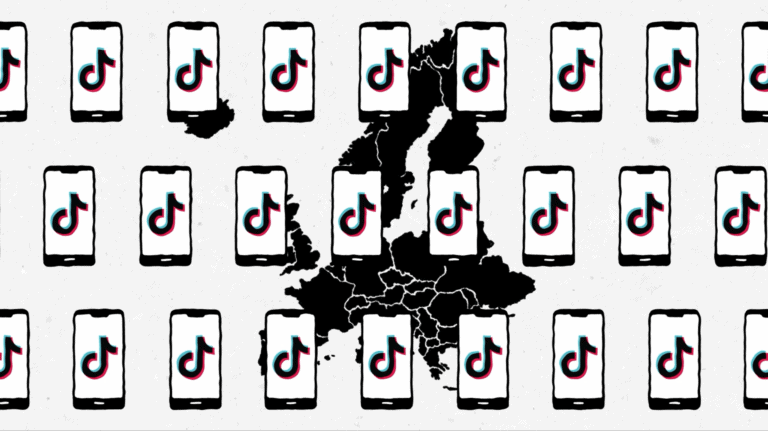TikTok is promising to invest 12 billion euros in Europe over the next ten years. Datacenters in Ireland and Norway are set to house all the data of the company’s Europe’s 150 million users, while NCC Group has been brought in as an external authority to ensure the data’s security.
TikTok will invest the 12 billion euros in multiple areas. The plans together constitute what’s known as Project Clover, which the company announced in March. The aim seems to be clear: with the investments, it wants to satisfy regulators, with the securing of European user data as a spearhead. After all, there are fears in both Europe and the U.S. that TikTok will have to hand over data to Beijing due to Chinese legislation if that government requests it.
Eventually Europe’s largest data center
As of this week, TikTok now owns a Norwegian building in which a datacenters will be constructed. Once two other buildings at that location in the Hamar region are acquired, TikTok claims it will at that point own the largest datacenter in Europe. It is also continuing to invest in two datacenters in Ireland. The end result is that TikTok will house data within the European Economic Area (which Norway is part of)
In addition, TikTok touts the sustainability of the Norwegian project. The datacenter will supposedly run on 100 percent renewable energy. Most of this consumed energy could then be transformed into heating for regional buildings.
NCC Group’s role as external authority
The role NCC Group will play is notable, as it will verify the integrity of TikTok’s plans to keep data inside Europe. The company and its subsidiary Fox-IT help companies meet strict compliance requirements, among other things. It’s a clear sign from TikTok and owner ByteDance that it wants to do everything it can to avoid a possible ban on its social media app.
Various governments have already banned the use of TikTok on civil servants’ work phones. It remains to be seen whether Project Clover’s charm offensive will be enough to undo that. A national ban has so far failed to materialize.
Also read: EU calls Meta and TikTok to account in the fight against fake news
In the United States, the counterpart to Europe’s Project Clover is known as Project Texas. The emphasis there is not only on keeping user data on the continent of origin, but also on an explanation of how content moderation and its algorithms work. According to The Verge, however, its so-called ‘transparency center’ featured a lot of “smoke and mirrors” and few concrete explanations to address concerns. With that description, it’s reminiscent of Kaspersky’s transparency center initiative, which Techzine visited earlier this year.
